
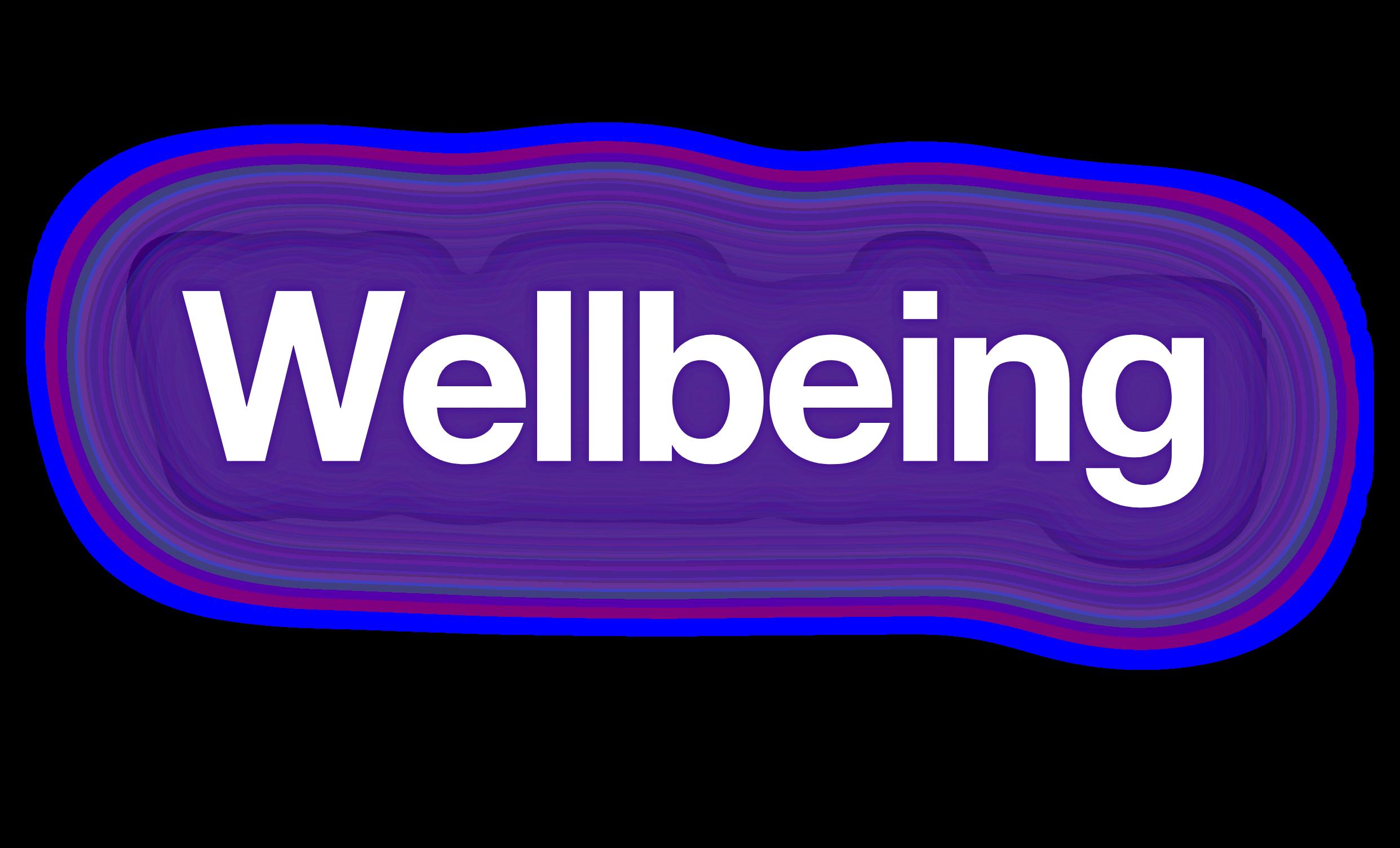
Samaritans Awareness Day
July Challenge
Daily Wellbeing Tips

Harnessing the Power of Visualisation
Social Media and Mental Health

Support Cancer Patients at Work






Samaritans Awareness Day
July Challenge
Daily Wellbeing Tips

Harnessing the Power of Visualisation
Social Media and Mental Health

Support Cancer Patients at Work



As we step into July, we turn our attention to the strength of the human spirit supporting those affected by cancer, protecting our mental health in a digital world, and using the power of visualisation to move closer to our goals. This month is about tapping into courage, connection, and clarity.
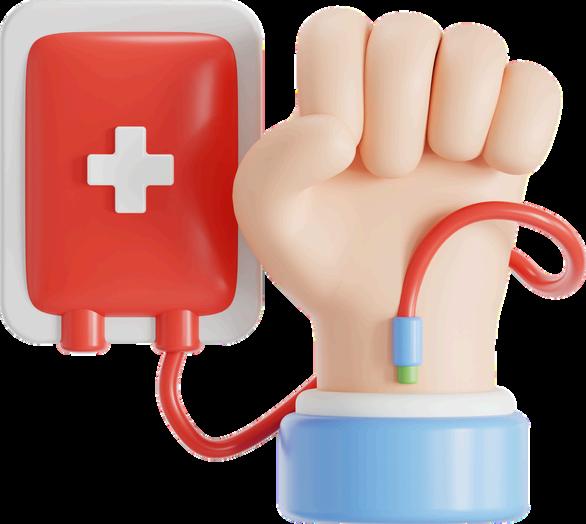
With National Blood Donor Month and World Social Media Day on the calendar, July offers the chance to raise awareness and take action from saving lives through blood donation to re-evaluating our relationship with social media.
Whether you're joining the July challenge, learning how to support a colleague with cancer, or simply exploring visualisation as a tool for growth this month is about taking small steps with big meaning

Visualise this thing you want. See it, feel it, believe in it. Make your mental blueprint, and begin.
- Robert Collier

Every year, on 24th July, we observe Samaritans Awareness Day, a day dedicated to raising awareness about the invaluable work of the Samaritans and the importance of mental health support. This day serves as a reminder that help is always available, and no one has to face their struggles alone
The Samaritans is a UK-based charity that provides emotional support to anyone in distress, struggling to cope, or at risk of suicide. Founded in 1953 by Chad Varah, the organisation has grown to become a vital lifeline for many With over 20,000 volunteers across the UK and Ireland, the Samaritans offer a listening ear 24/7, 365 days a year

Every 10 seconds, the Samaritans will receive a call The service isn’t just for a mental health crisis, but a listening ear for whatever you may be going through.

1.Phone
The most well-known method is by calling their free helpline at116 123, available 24/7


2. Email
You can email the Samaritans atjo@samaritans orgfor support



Mental health issues can affect anyone, regardless of age, gender, or background Samaritans Awareness Day is crucial because it highlights the importance of talking about mental health and seeking help when needed It also aims to reduce the stigma associated with mental health issues, encouraging more people to reach out for support
There are several ways you can participate in Samaritans Awareness Day and support their mission:
Spread the Word
Use social media platforms to share information about Samaritans Awareness Day Use hashtags like #SamaritansAwarenessDay and #TalkToUs to join the conversation and raise awareness.
Donate
Financial contributions help the Samaritans continue their vital work Donations fund the training of volunteers, the operation of their helpline, and other essential services
Volunteer
Use social media platforms to share information about Samaritans Awareness Day Use hashtags like #SamaritansAwarenessDay and #TalkToUs to join the conversation and raise awareness.
Host an Event
Organise a local event to raise awareness and funds for the Samaritans This could be a community walk, a bake sale, or a mental health workshop
As we observe Samaritans Awareness Day, let’s remember that mental health is just as important as physical health. By supporting the Samaritans, we can help ensure that no one has to face their struggles alone. Whether through volunteering, donating, or simply spreading the word, each of us can make a difference
Samaritans Awareness Day is more than just a date on the calendar It’s a call to action, a reminder of the power of human connection, and a beacon of hope for those in need. Let’s come together to support this vital cause and make a positive impact on mental health in our communities.
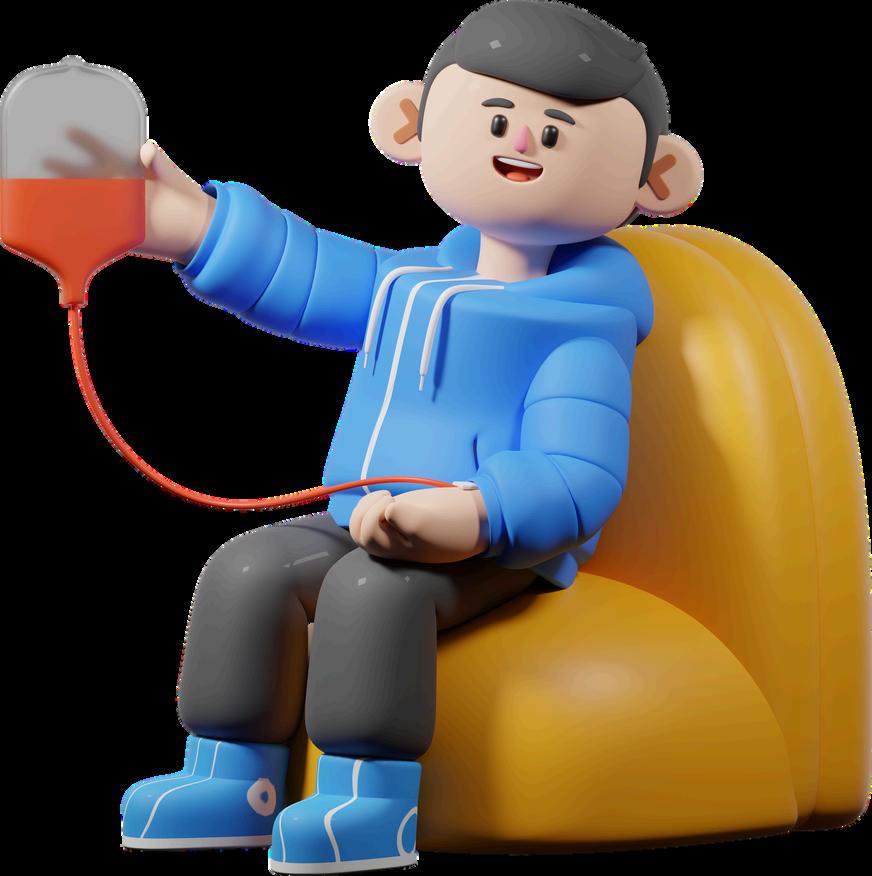

A simple act that can save lives - donating blood is a crucial way to support your community and help those in need By giving blood, you're providing a vital resource that can be used for blood transfusions, surgeries, and other medical treatments. It's a selfless act that can make a profound difference in the lives of others. To learn
and find a



Close your eyes and envision yourself nailing that presentation, crossing the finish line of a marathon, or finally mastering that difficult skill This isn't mere daydreaming; it's visualisation, a potent mental technique that offers remarkable benefits in numerous areas of life
Visualisation is the practice of creating vivid mental images It holds significant benefits across various fields, including sports, education, personal growth, and therapy. Its impact on our thoughts, emotions, and behaviours is profound. Studies show it can profoundly impact our thoughts, emotions, and behaviours Here's how:
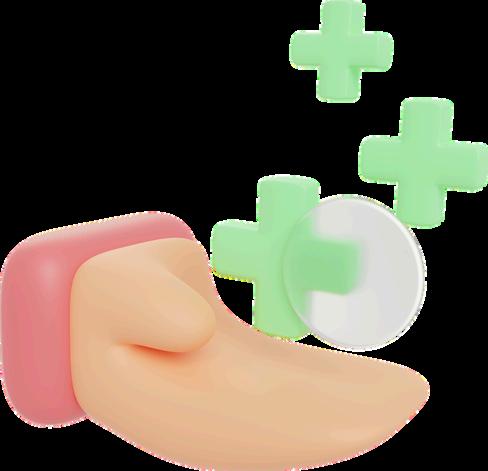
Athletes swear by visualisation to improve their game By mentally rehearsing routines, they enhance muscle memory, bolster confidence, and tame pre-competition nerves
Learning a new language or instrument? Visualisation can fast-track the process Imagine yourself mastering those scales or confidently conversing in French This mental rehearsal deepens your understanding and speeds up learning
Doubting yourself? Visualisation can be your selfesteem superhero Imagine yourself succeeding and watch your self-image soar This positive visualisation combats self-doubt and reinforces your belief in your abilities
Feeling lost on your path? Visualisation can help you get clear By picturing your goals in detail, you make them more real and motivating This clarity fuels the drive to act and turn ambitions into reality
Visualisation isn't just about achieving goals
– it's about enhancing the learning process Creating vivid mental images improves memory and learning It also helps connect new information to existing knowledge, leading to deeper understanding
Feeling overwhelmed? Visualisation can be your anxiety antidote Mentally rehearsing coping mechanisms for stressful situations empowers you to handle them calmly. Additionally, picturing calming scenarios can evoke relaxation and lower stress levels.
Struggling to solve a problem? Visualisation can unleash your inner genius By picturing different scenarios and outcomes, you stimulate creative thinking and generate innovative solutions This visual thinking allows you to see challenges from new perspectives, leading to fresh ideas


Ready to unlock the power of visualisation? Here are some techniques to get you started:
Guided Imagery
Vision Boards
Guided Meditation
The Power of Visualisation
Using Visualisation for Self-Improvement



The rise of social media has transformed the way people communicate, offering instant connections and a platform for sharing experiences However, its impact on mental health has become a growing area of concern While social media offers many benefits, including a sense of community and access to information, research has shown that it can also contribute to mental health challenges, particularly among young adults and adolescents
One of the most cited concerns is social comparison Studies suggest that scrolling through curated images and highlights of others' lives can lead to feelings of inadequacy, low self-esteem, and anxiety According to a study published in the Journal of Social and Clinical Psychology, frequent social media use is linked to increased depressive symptoms and feelings of social isolation, especially when individuals engage in negative social comparisons. Users may feel pressure to portray their lives as perfect, fuelling a cycle of comparison that damages self-worth.
Cyberbullying is another significant issue The anonymity and reach of social media can lead to harmful behaviours, with victims experiencing increases in anxiety, depression, and in severe cases, suicidal ideation Research has shown that individuals subjected to cyberbullying are more likely to experience mental health difficulties than those who experience traditional forms of bullying
Conversely, it’s essential to understand that social media itself is not inherently harmful; rather, it can become problematic when used excessively or in unhealthy manners To reduce the negative effects, it is recommended to:
Set limits: Establish healthy boundaries for social media use, including time restrictions and avoiding excessive scrolling
Practice mindfulness: Engage in activities that promote relaxation and self-awareness, such as meditation or yoga
Build strong relationships: Prioritise face-toface interactions and engage in meaningful connections with loved ones
Seek support: If you are struggling with mental health issues, do not hesitate to reach out to a mental health professional or support group.
Despite these challenges, social media can also be a tool for mental health support Online communities provide a platform for sharing experiences, reducing stigma, and offering emotional support In a study from the American Journal of Health Behaviour, individuals who used social media for mental health advocacy reported feeling more empowered and less isolated
White social media can negatively impact mental health through social comparison and cyberbullying, it also offers valuable opportunities for support and connection Striking a balance between mindful use and awareness of its potential harms is key to maintaining mental well-being

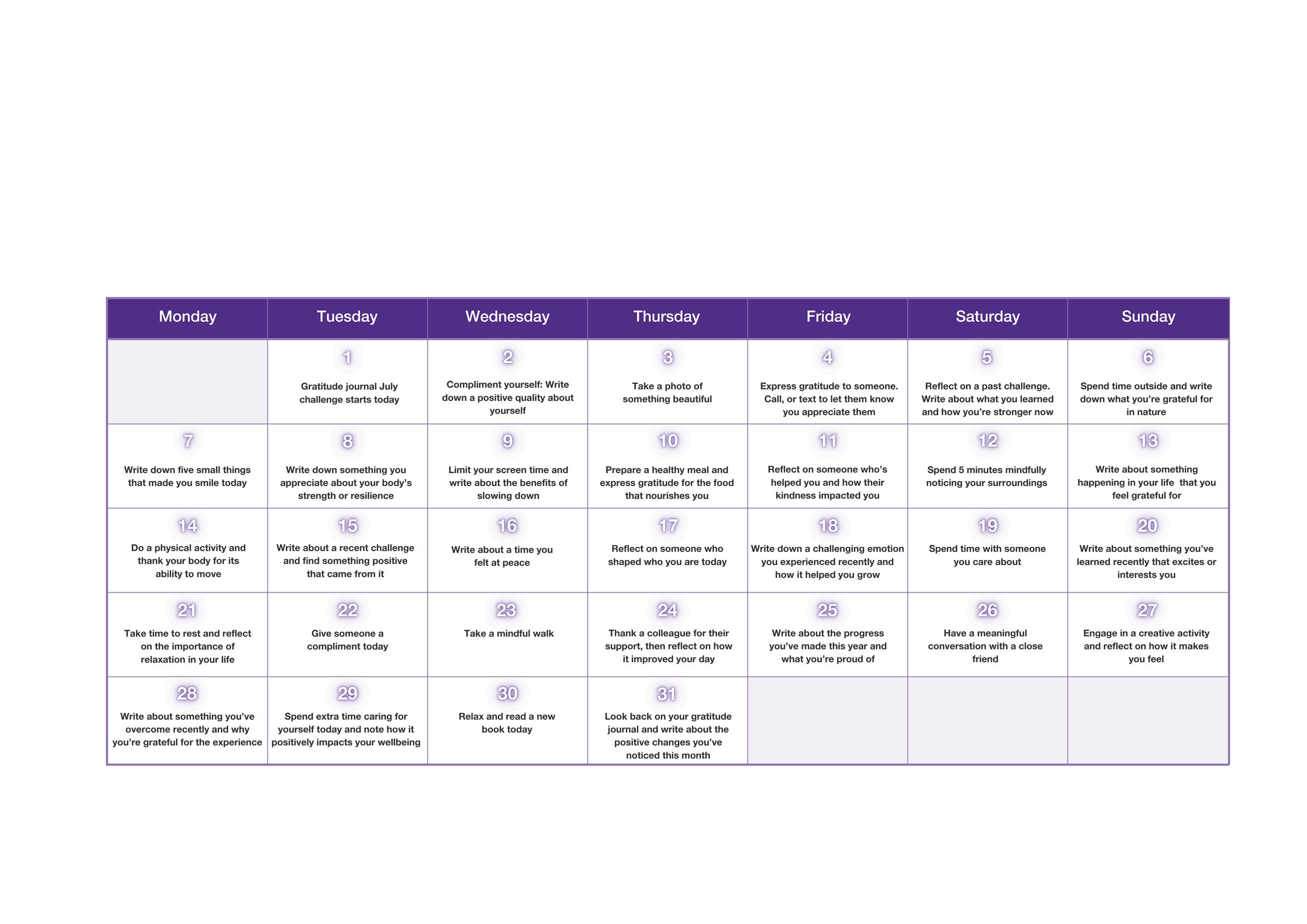


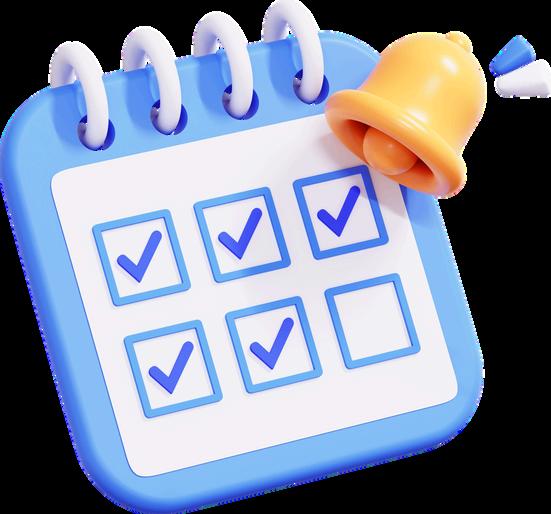
A cancer diagnosis can turn someone’s life upside down - and work is often one of the first things affected. With around one in two people in the UK expected to develop cancer at some point in their lives (Cancer Research UK), it’s essential that employers know how to respond with understanding, flexibility, and the right support.
Cancer affects everyone differently For some, continuing to work can provide a sense of purpose and routine Others may need time off to focus on treatment and recovery Factors such as the type of cancer, treatment side effects, and personal circumstances all play a role. Employees might:
Need time off for appointments, treatment, or recovery
Experience fatigue, stress, or anxiety
Want to reduce hours or adjust duties temporarily
What matters most is that employers don’t assumethey listen, stay flexible, and respond to individual needs
In the UK, a cancer diagnosis is legally defined as a disability under the Equality Act 2010 (or the Disability Discrimination Act 1995 in Northern Ireland) This gives employees the right to reasonable adjustments at work and protection against discrimination - during and after treatment

Flexible start or finish times
Reduced workloads
Remote working options
Longer-term phased returns
It’s important to note: unless the employer knows or could reasonably be expected to know about the cancer diagnosis, they are not legally required to make these adjustments Creating a safe and confidential space for employees to disclose their situation is key
Beyond legal obligations, practical and emotional support is very important
Employers can help by:
Providing access to Occupational Health or an Employee Assistance Programme
Ensuring HR policies are clear on sick pay and time off
Referring to government schemes like Access to Work, which can offer funding for support with travel, equipment, or workplace adaptations
For self-employed individuals, the challenge can be more complex. Universal Credit, Personal Independence Payment (PIP), or financial grants may help keep them afloat during difficult periods.
A supportive workplace can make a significant difference While there's no one-size-fits-all solution, compassion, flexibility, and clear communication go a long way
For more support and free resources, visit Macmillan at Work or call 0808 808 00 00.

Gratitude journaling can boost your mood, reduce stress, and improve overall wellbeing By focusing on the positive aspects of your life, you can develop a more optimistic outlook
Write in a gratitude journal every day throughout the month of July
How to do it?
Get a journal: Choose a journal that you find inspiring and enjoyable
Set aside time: Dedicate a few minutes each day to write in your journal
Reflect on the day: Think about the things you are grateful for, both big and small Write it down: Express your gratitude in writing Be specific and detailed
Day 1: Begin your gratitude journal Write down three things you are grateful for today, no matter how small
Day 2: Reflect on a person who has positively impacted your life Write about why you’re grateful for them.
Day 3: Write about an experience from the past week that brought you joy or happiness.
Day 4: List three things you appreciate about yourself and why they are important to you.
Day 5: Write a short letter of gratitude to someone who has helped you recently, expressing your appreciation
Day 6: Focus on nature Write about three natural elements (like a beautiful sunset or a cool breeze) that you are thankful for
Day 7: End the week by reflecting on how writing about gratitude has made you feel Journal your thoughts
Day 8: List five things that make you smile and why they bring you joy
Day 9: Write about a challenge you faced recently and what you learned from it
Day 10: Reflect on your home Write about three aspects of your living space that you’re grateful for
Day 11: Recall a favourite childhood memory and what you’re thankful for about that time
Day 12: Write about a skill or talent you possess and how it enhances your life.
Day 13: Take a moment to appreciate your body. List three things your body does for you that you are grateful for.
Day 14: Reflect on your week What was a highlight, and what did it teach you about gratitude?
Day 15: Write about a difficult situation that you’ve experienced and find a silver lining or lesson learned.
Day 16: Focus on your daily routine. Identify three small aspects of your day that you often take for granted and write them down
Day 17: List three things that make your work or studies easier and why you appreciate them
Day 18: Write about something you’re looking forward to and why it excites you
Day 19: Think about the role of kindness in your life
Write about an act of kindness you received or gave recently
Day 20: Reflect on your community Write about three things you appreciate about where you live
Day 21: Spend a moment reflecting on how practicing gratitude has changed your perspective this week

Day 22: Create a list of ten things you’re grateful for right now, from your immediate surroundings. Day 23: Write about a tradition or routine that you cherish and why it holds significance for you.
Day 24: Consider your future Write about three things you’re excited about or hopeful for in the coming months
Day 25: Think about the little things in life Write about three seemingly insignificant moments from the past week that made you happy Day 26: List three books, films, or songs that have inspired you and what you’re thankful for about them
Day 27: Reflect on someone you admire Write about what qualities you appreciate in them
Day 28: Take a moment to review your gratitude journal entries from the month What themes do you notice? How has your mindset shifted?
NHS Gratitude
The Gratitude Journal
How Gratitude Changes You and Your Brain
Self-Care Journal
Gratitude App
The Gratitude Attitude Podcast

Day 29: Write a letter to your future self about the importance of gratitude and how you plan to maintain this practice
Day 30: Celebrate your month of gratitude journaling by reflecting on how it has impacted your life. Write about your experience and any changes you’ve noticed in your mindset.
Continue your gratitude practice beyond July Commit to writing down at least one thing you’re grateful for each day in August, keeping the momentum going. Consider setting a specific time each day to write to make it a consistent habit.



These buttery, melt-in-your-mouth biscuits are filled with a creamy buttercream and are perfect for teatime or as a sweet treat
Ingredients
125g (about 4 5 oz) unsalted butter, softened
50g (about 1 75 oz) icing sugar (powdered sugar)
1 teaspoon vanilla extract
150g (about 5 5 oz) plain flour (all-purpose flour)
50g (about 1 75 oz) cornflour (cornstarch)
A pinch of salt
75g (about 2.5 oz) unsalted butter, softened
150g (about 5.5 oz) icing sugar (powdered sugar)

1 tablespoon milk
1 teaspoon vanilla extract
Optional: chocolate or coloured sprinkles for decoration
1 Preheat your oven to 180°C (350°F) and line a baking sheet with parchment paper
2 Make the Dough In a mixing bowl, cream together the softened butter and icing sugar until light and fluffy Add the vanilla extract and mix well. Sift in the plain flour, cornflour, and salt, and mix until a soft dough forms. The dough should be smooth and slightly sticky.
3.Pipe the Biscuits. Transfer the dough into a piping bag fitted with a star nozzle (or a large round nozzle). Pipe small swirls or rosettes onto the prepared baking sheet, leaving space between each biscuit to allow for spreading
4 Bake in the preheated oven for about 12-15 minutes, or until the edges are lightly golden The biscuits should be firm but not overly browned Remove from the oven and let them cool on the baking sheet for a few minutes before transferring to a wire rack to cool completely
Tag us @tachealtchare
1 Make the Buttercream In a mixing bowl, beat the softened butter until creamy Gradually add the icing sugar, mixing until well combined and fluffy Add the milk and vanilla extract and continue to beat until smooth If the buttercream is too thick, add a bit more milk
2 Build the Biscuits Once the biscuits are completely cooled, pair them up by size Pipe a small amount of buttercream onto the flat side of one biscuit from each pair and gently press another biscuit on top to create a sandwich
3 Decorate (Optional) If desired, decorate the tops of the biscuits with chocolate or coloured sprinkles for an extra touch
Store the biscuits in an airtight container at room temperature for up to a week
You can add cocoa powder to the buttercream for chocolate filling or use different flavour extracts to vary the taste.
Enjoy your delightful Viennese Whirl Biscuits! They’re perfect for sharing (or keeping all to yourself)!

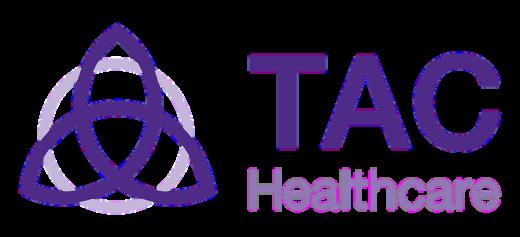
The Mental Health MOT is a proactive, expert-led service designed to catch issues early, reduce absenteeism, and boost employee wellbeing. With personalised support and practical tools, it helps your people thrive - at work and beyond - while strengthening engagement, retention, and performance.

Expert-Led Services
Delivered by experienced, professional counsellors who understand the complexities of workplace mental health.
Customised and Efficient Approach


Adapted to the specific needs of your organisation and workforce by providing quick consultations with long-lasting impact
Confidential and Supportive

We guarantee and environment that ensures employees feel safe and respected.
Empower Employee Wellbeing
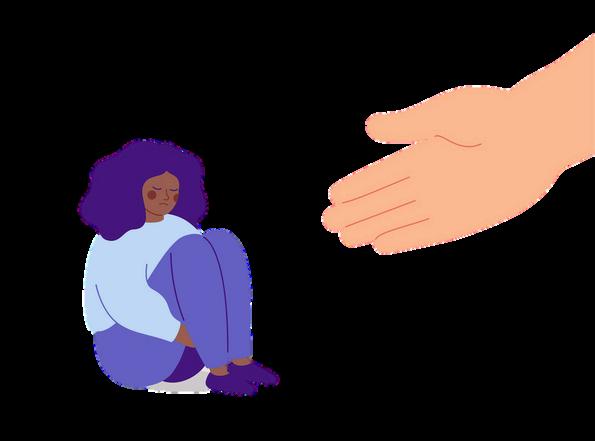
Targeted Mental Health Screenings
Use of GAD-7, PHQ-9 and AUDIT
Confidential One-to-One Consultations
Clear Pathways to Further Help

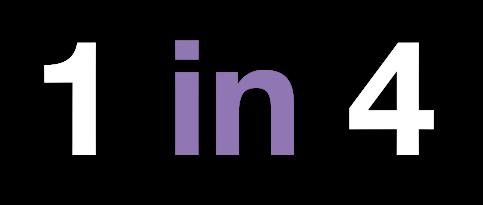
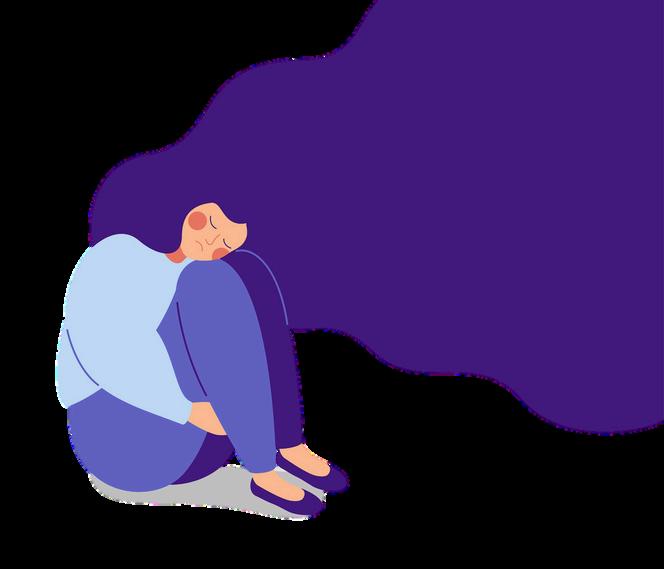
Employees complete a confidential self-assessment that evaluates key areas of mental health, including anxiety, depression, stress, sleep quality, and alcohol use All questionnaires used in the assessment are reliable, valid, and grounded in evidencebased practices, ensuring accurate and meaningful insights into employee wellbeing.
Personalised Consultation
Each employee participates in a confidential 20-minute one-on-one consultation with a highly qualified counsellor These will be conducted via secure video for convenience or if required, in person, depending on preference.
Expert Guidance and Tailored Support
Following the self-assessment, the counsellor provides practical advice, discusses underlying concerns, and offers actionable strategies to enhance wellbeing





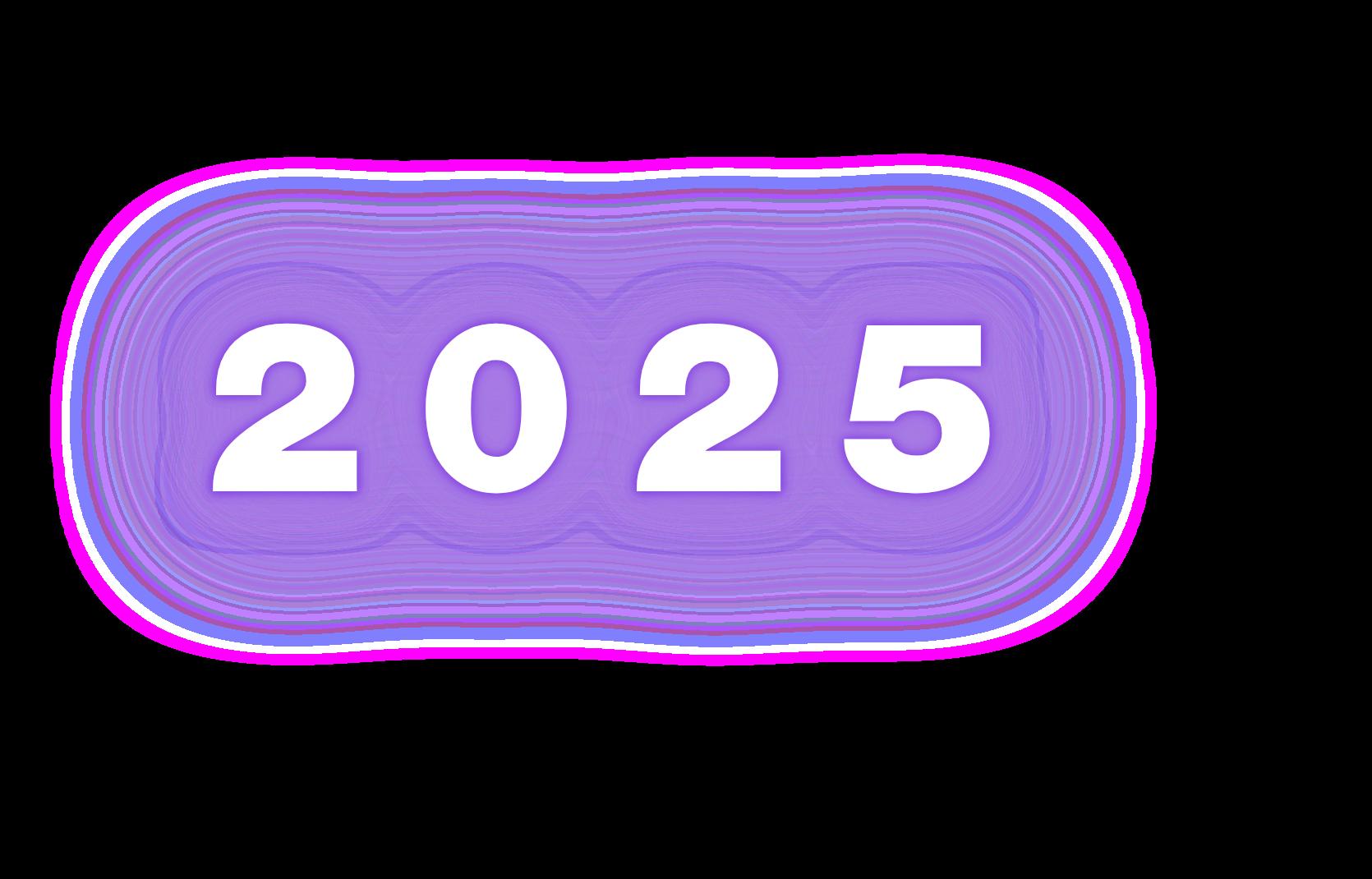

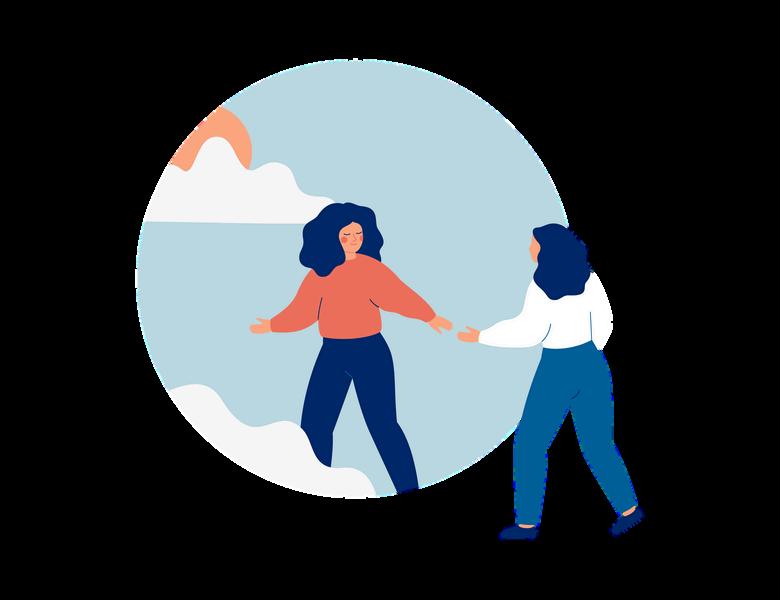
By downloading the calendar you'll also receive monthly updates on our new magazine issues, packed with fresh insights and actionable tips to help your workforce thrive
✅ Support Wellbeing and Work-Life Balance
✅ Enhance Employee Engagement
✅ Promote Inclusivity & Diversity


Medical Emergency Response Team (MERT) programme delivers advanced medical emergency training to nonhealthcare professionals. This training provides an HSEaccredited Offshore First Aid qualification and equips the members of the MERT team with the skills to work together to address medical emergencies that arise in remote areas.
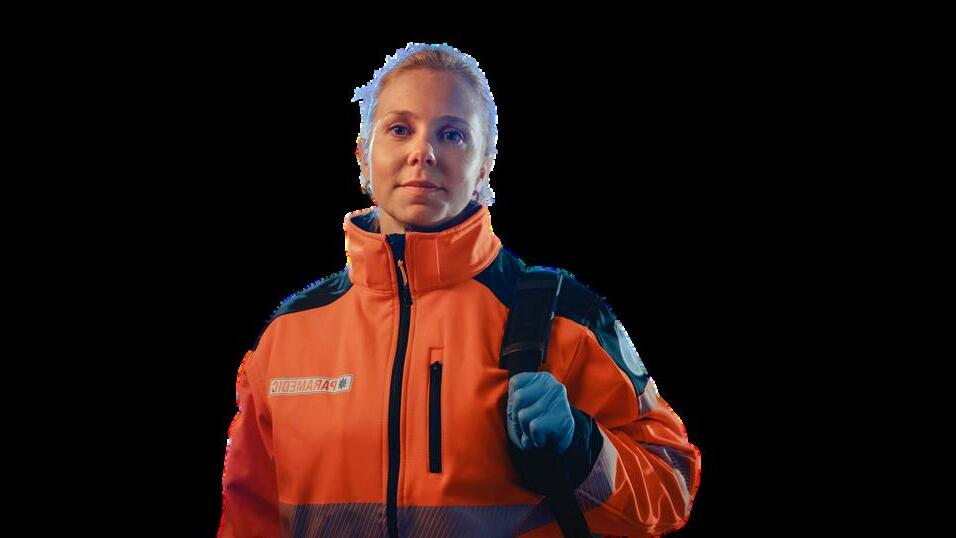
Meet John - Our Lead Training Instructor
Our Lead Training Instructor, John, brings over 30 years of distinguished experience as a registered adult nurse. Throughout his career, he has served as a Night Nurse Practitioner and Resuscitation Officer, showcasing his expertise in critical care. For the past 19 years, John has been an Advanced Life Support instructor with the UK Resuscitation Council, demonstrating a steadfast commitment to lifesaving education
Additionally, he possesses 17 years of specialised experience within the oil and gas sector, where he has excelled as both a Medic and Medic Trainer, making him a valued leader and expert in his field.
John Aitken Lead Training Instructor
Major Medical Emergency Scene
Basic Airway Management Skill Station
Breathing Assessment Practical Session
Circulation Assessment Skill Station
Primary Survey Demonstration & Practical


Burns Presentation
Medical Emergency Presentation
Basic Life Support & Defibrillation
Casualty Handling Workshop
Trauma Scenarios

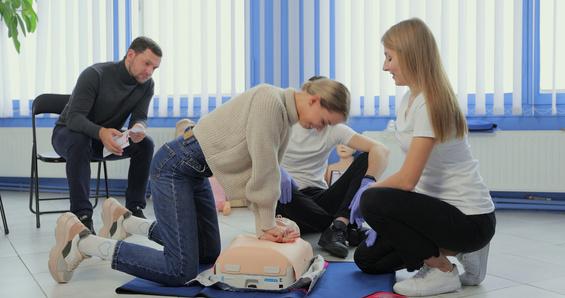

Take control of your health journey with our private healthcare services.
From preventative care to specialised treatments, TAC Healthcare offers a range of treatments, procedures and diagnostic services.
Our Private Healthcare Services
At TAC Healthcare, we offer a comprehensive range of physical health and GP services designed to provide fast access, clinical excellence, and continuity of care.
Private GP Appointments
Face-to-face or video consultations with experienced GPs for acute or ongoing health concerns


From everyday health needs to complex diagnostics and bespoke wellness support, our comprehensive private GP services - delivered in collaboration with Private GP Services - ensure continuity of care, tailored to you
Whether face-to-face or via video, we offer convenient access to experienced GPs, prescriptions, referrals, specialistled care and more
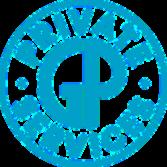

Prescriptions, Referrals & Diagnostics
Efficient coordination of prescriptions, referrals to specialists, and access to diagnostic testing
Weight Loss Programme
Clinically led TAC-branded plan, offering medical guidance and support for safe, sustainable weight loss.
Blood Tests & Health Screens
Wide range of blood investigations and full-body health checks for early detection and prevention.
Gastroenterology / Endoscopy
Expert-led diagnostics and treatment for gastrointestinal conditions, including endoscopy services
Cardiology
Comprehensive cardiac assessments, diagnosis, and management
Contact your account manager for more information.
Or, if you’re new to TAC Healthcare, contact us on 0333 014 3488 or at businessdevelopment@tachealthcare com

